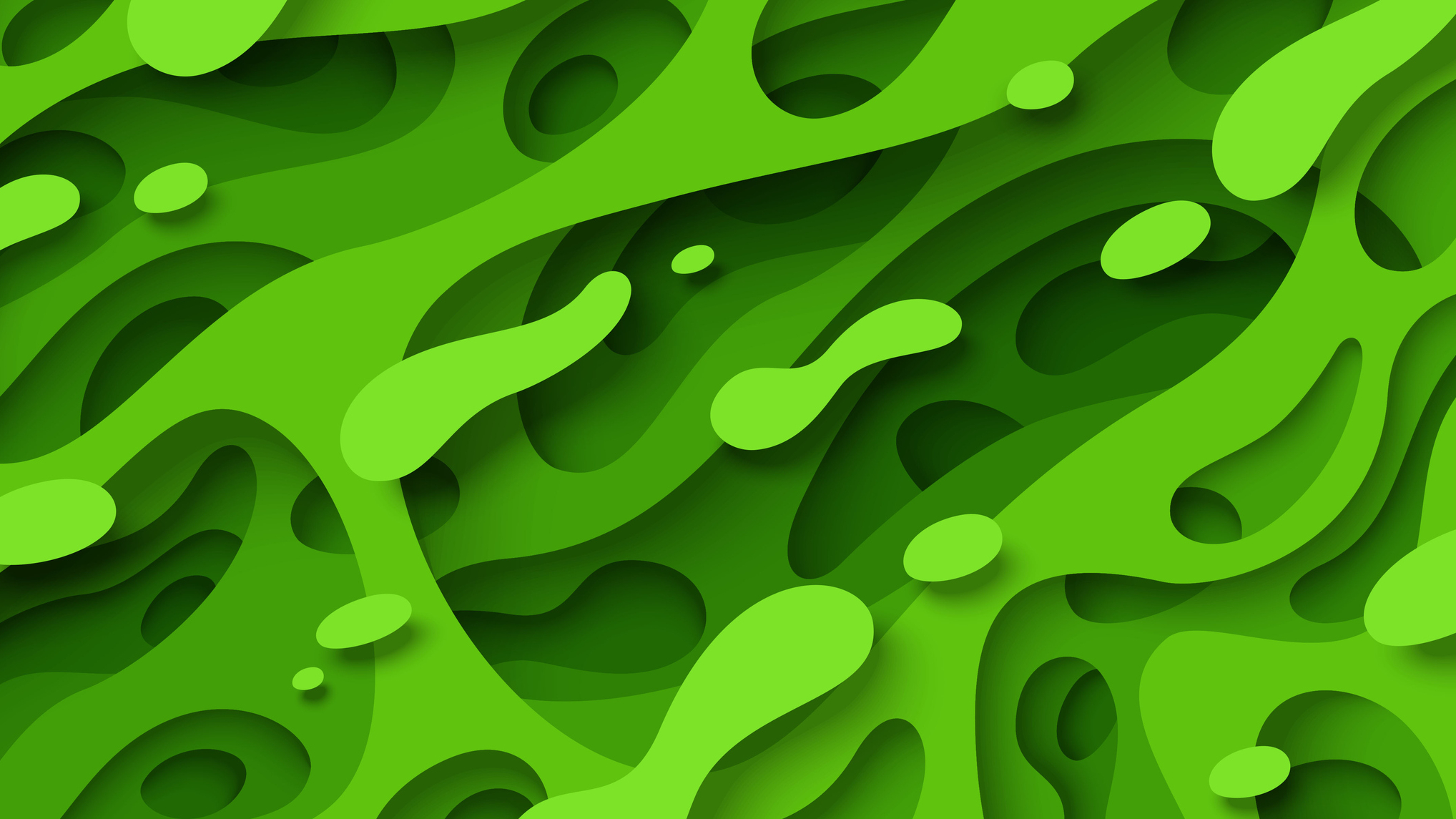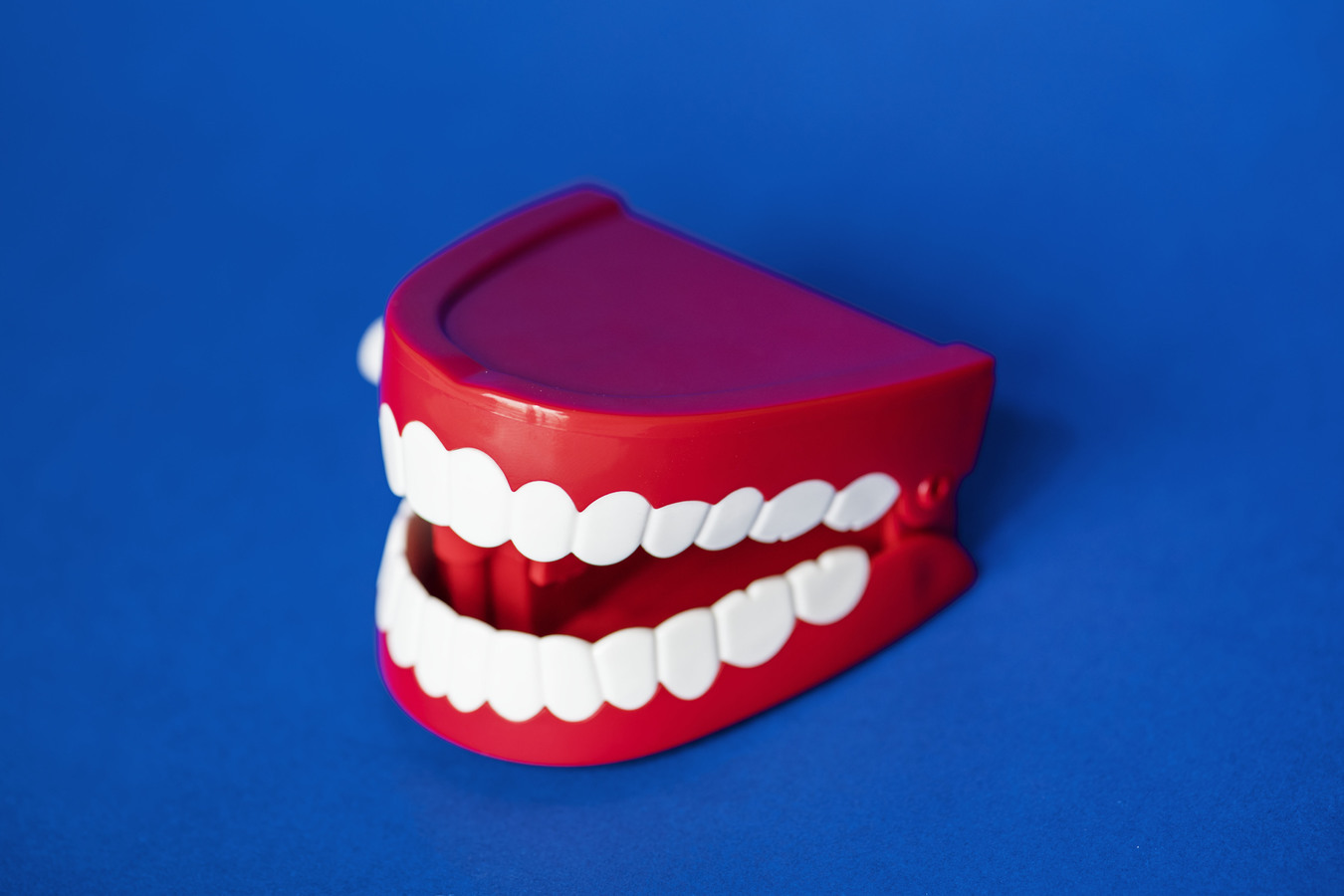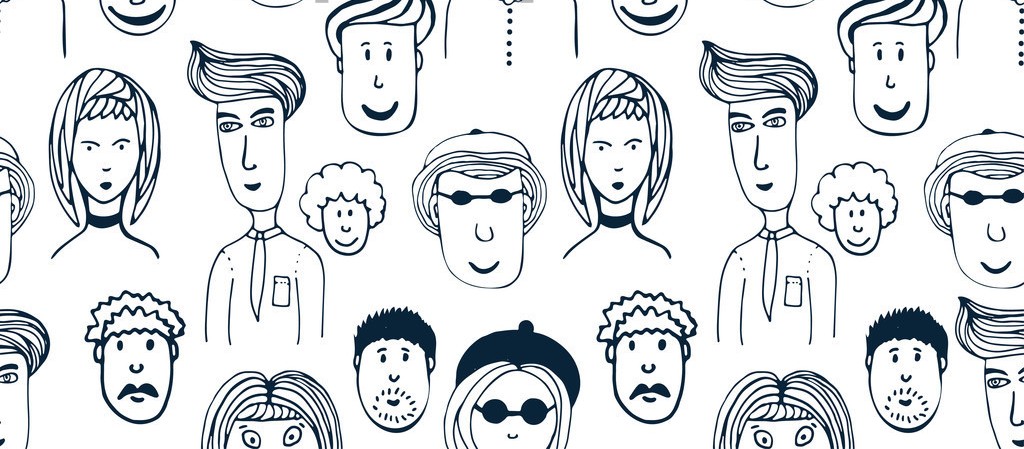Googling pretty much any medical symptom seems to lead to a diagnosis of cancer. Itchy nose? Could be cancer. Ingrown toenail? Unlikely, but maybe cancer. Hungover? Careful – 5% of those who partied too hard are 3% more likely to have cancer.
I Googled 7020 times* last year; that’s almost 20 times a day. Mostly I make straightforward information requests: “dance lessons”, “tarka dahl recipe”, “how to unshrink a wool sweater”. These types of queries I don’t know the answer to, and Google points me in the right direction.
All well and good.
At 20 searches a day, though, it’s becoming such a habit that I find myself Googling pretty much any question that comes to mind. Going beyond facts, Google seems to have become my career coach, my creative guide and even my therapist.
Any moment of uncertainty can be solved with a search: “how to write better”; “why can’t I remember birthdays”; “am I happier than most other people”. Turning to Google becomes a comfort, a reassurance, a muse.
Except, these types of inquiries can’t actually be ‘solved’ – certainly not by a search engine. Just as Google isn’t a doctor, it also isn’t a career coach, it isn’t a creative guide and it certainly isn’t a therapist.
In fact, like an unwarranted cancer scare, the answers served are often wholly unhelpful, misleading and potentially debilitating.
I can do better without them. I therefore pledge to ‘Google less’, because:
- Like a fortune teller, Google’s answers retell your question. This either leads to a false sense of contentment or justification of a worry.
- The internet, like the world, is massive. This means that somebody (everybody?) has already been everywhere and done everything already. Inspiring?
- Solutions are out there. For every problem you can Google, someone’s helpfully solved it. But, just to be helpful (or rather, smart-arsed), they’ve expanded on every other related problem you hadn’t even considered. Enough to stop you bothering in the first place.
- Popular opinions surface at scale. Obvious, satisfying and endlessly repeated, they give the impression that there’s no room whatsoever for variation, opinion or creativity.
- Discoveries don’t come from copying.
An excellent 10 minutes to reclaim.
What will I do instead? Come up with my own answers, believe in them without ‘verifying’, and then just get on with it.
* Yours is available at https://history.google.com/history.



